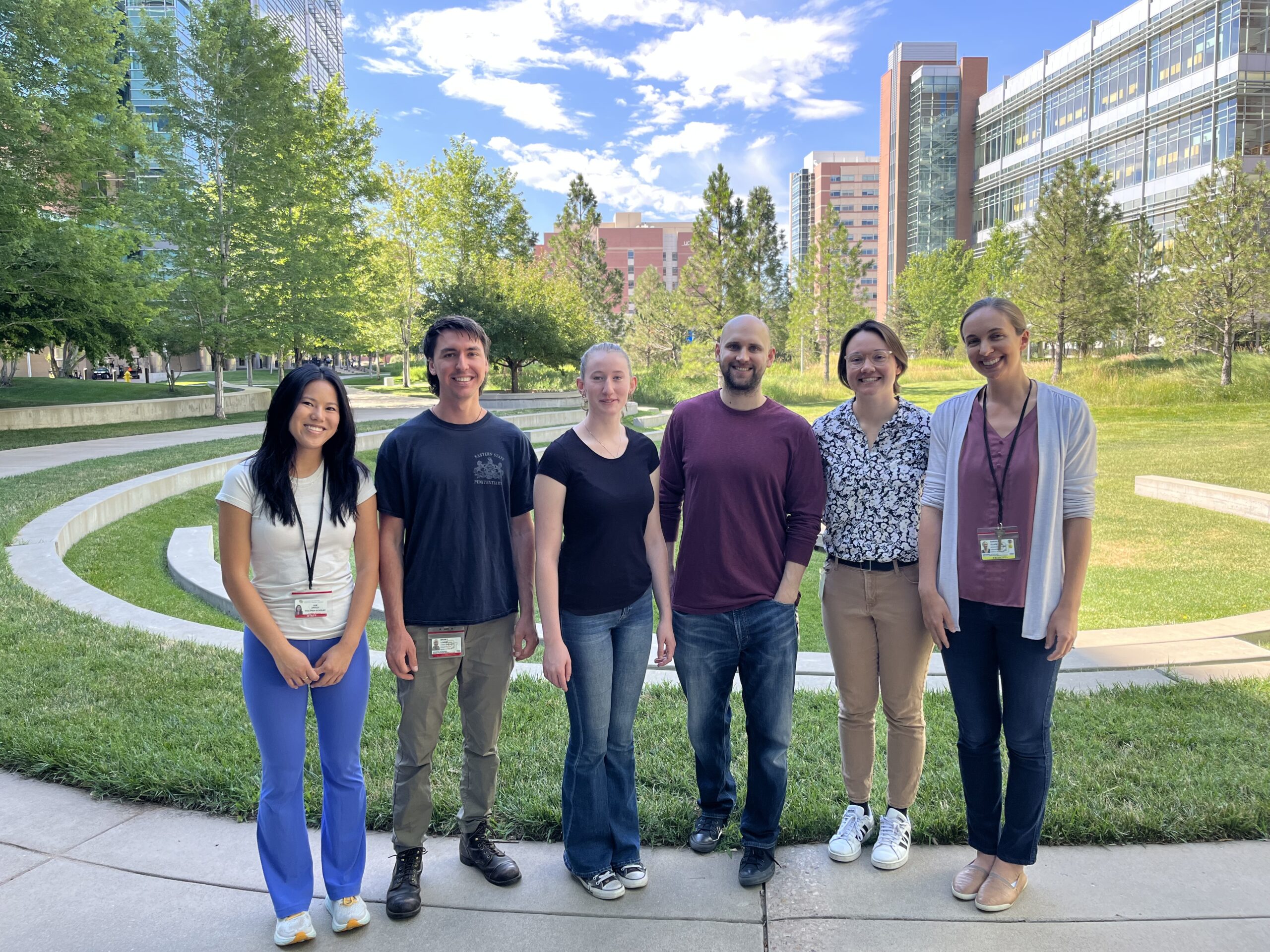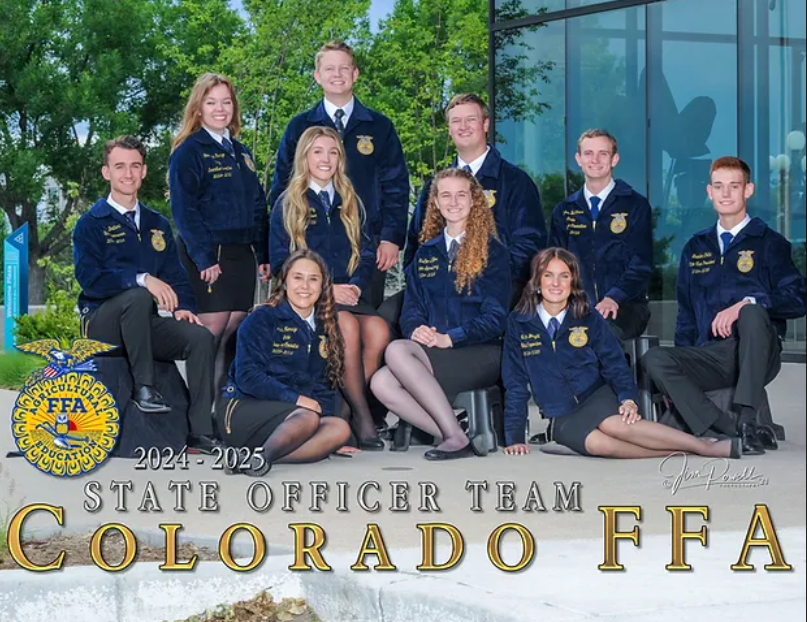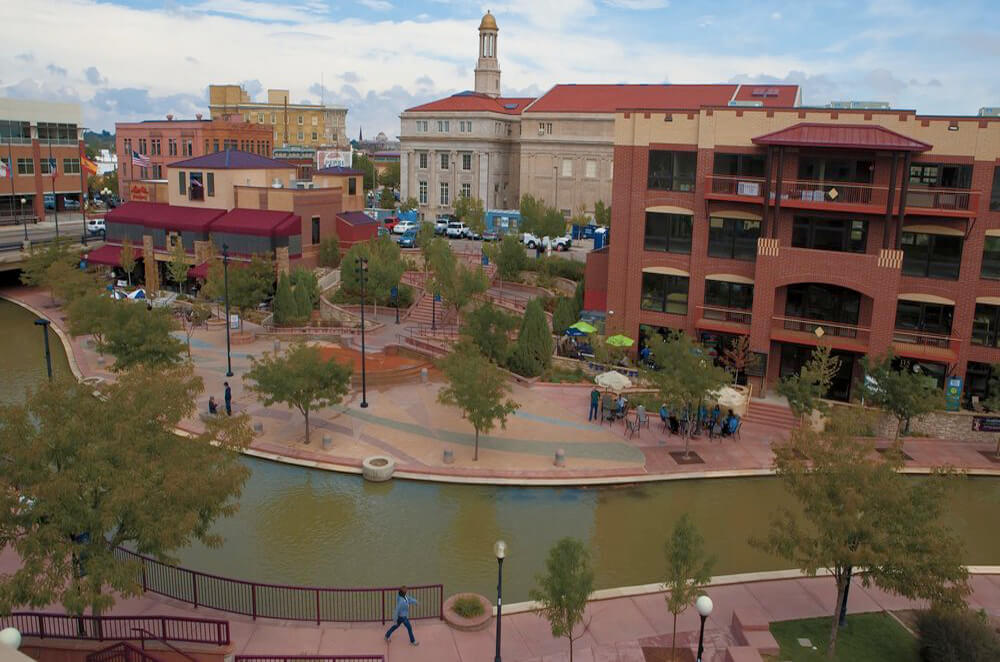Boettcher Scholars Arianna McCarty (2022) and Victoria Aragon (2022) didn’t necessarily expect their undergraduate research experiences to shift their professional trajectory, but through the Boettcher Collaboration Grant, that’s exactly what happened. By pairing Scholars with Boettcher Investigators at various Colorado research institutions, the grant empowers both students and faculty to pursue real-world research with impact. For McCarty and Aragon, that has meant researching topics such as the biology of respiratory disease and autism, contributing to published studies, and ultimately, discovering new academic and professional pathways.
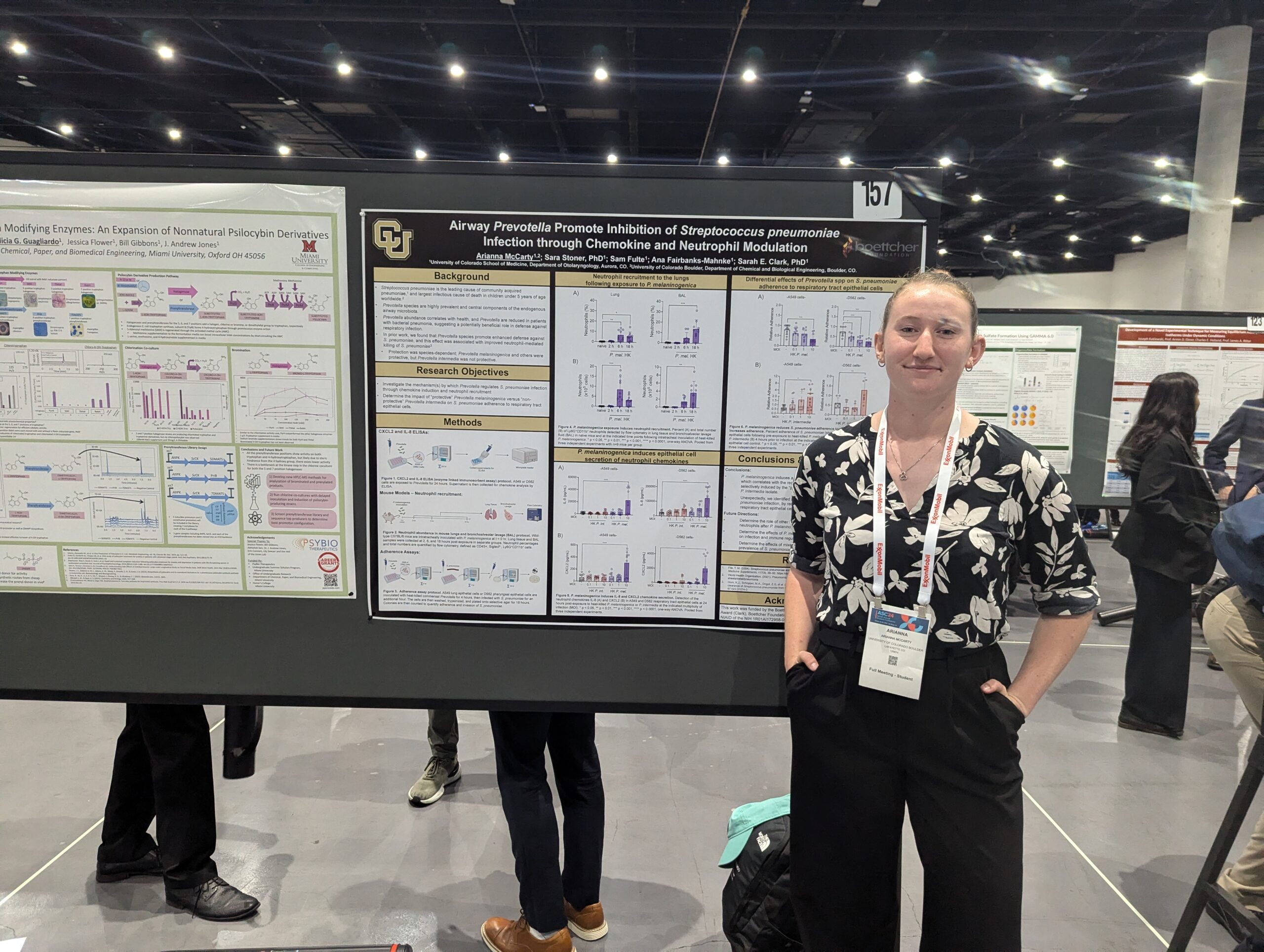
McCarty, a chemical and biological engineering student at CU Boulder, has spent the past year working in Dr. Sarah Clark’s lab at University of Colorado Anschutz Medical Campus. Her research looks at the bacteria that naturally live in our lungs and how they might help stop harmful germs from causing illness. She’s been especially focused on a type of bacteria which may help protect the lungs from a common infection-causing bug.
“There’s sort of this idea that some Prevotella bacteria might be very beneficial against preventing infection by this one pathogen called Streptococcus pneumoniae,” McCarty explained.
McCarty’s research contributions have been recognized at the national level: this year, she received both the Goldwater Scholarship and the Astronaut Scholarship. The Goldwater Scholarship is among the most competitive national awards for STEM undergraduates, while the Astronaut Scholarship honors students who demonstrate exceptional initiative and research excellence. McCarty credits her success to her work in the Clark Lab.
Clark, an assistant professor in the Department of Otolaryngology, is focused on understanding how bacteria transitions from harmless to harmful. She explained that many respiratory infections stem from bacteria that normally reside in the nose and throat without causing any issues, until something shifts and an infection comes about. With rising antibiotic resistance and limited vaccine coverage for certain pathogens, her lab is exploring new treatment approaches that boost natural defenses rather than relying solely on traditional antibiotics.
“We need to identify new ways to target these bacteria and reduce infection burden,” Clark said.
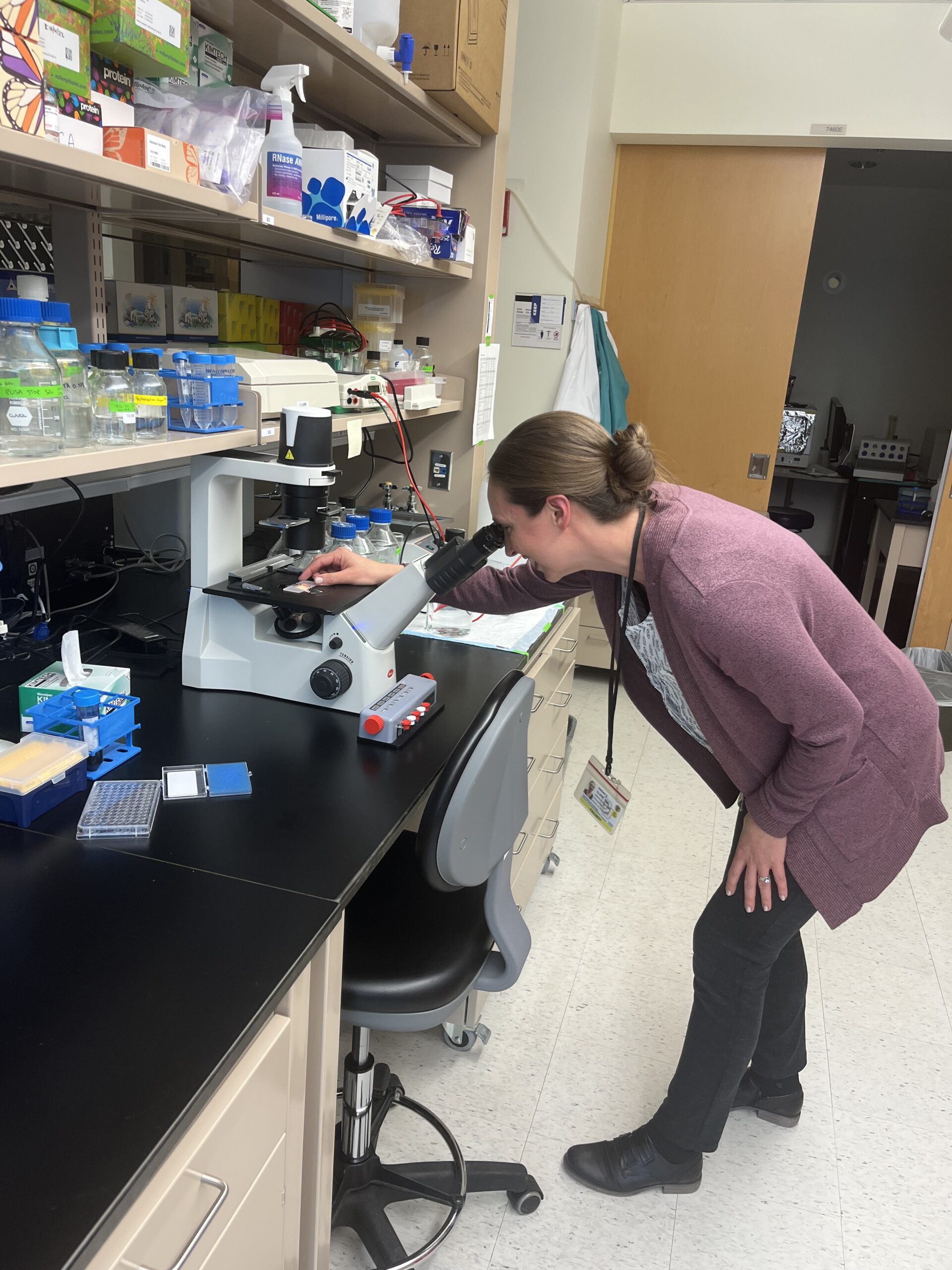
Clark also emphasized how much she values mentoring undergraduates through the Collaboration Grant. She described McCarty as a student who brought a unique engineering mindset to the lab, applying fresh thinking to the study of bacterial interactions in tissue cultures. As McCarty gained confidence and knowledge, she began to propose her own hypotheses.
“She’s been pitching ideas to me,” Clark said. “It’s really exciting to see some of the hypotheses now being generated by the student.”
For McCarty, the experience extended far beyond the world of academia.
“In my mind, joining the Clark Lab was almost like a key that unlocked the world of research to me,” McCarty said.
At Colorado State University, Victoria Aragon is part of an autism research project in the lab of Dr. Seonil Kim, a neurobiologist and associate professor. The lab uses genetically modified mice to study a specific gene mutation linked to autism spectrum disorder. Aragon’s work includes studying mouse behavior and conducting biochemical analyses.
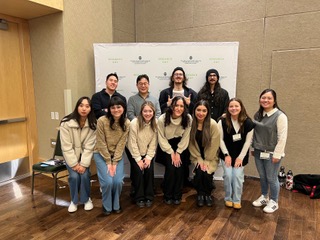
Her interest in autism research was sparked during a summer job at a community clinic, where she helped a pediatrician conduct autism screenings. That real-world exposure to families navigating uncertain diagnoses left a strong impression.
“When I got the chance to talk with Dr. Kim, he mentioned the project… and I immediately thought, yes, sign me up. I really want to do this,” Aragon said.
Kim, whose research focuses on how brain cells—specifically neurons—communicate, believes that understanding normal brain function is key to identifying what occurs in the brain for conditions like autism and Alzheimer’s. While his lab may not develop treatments directly, their work helps identify possible biological targets for future therapies.
Kim described mentoring as one of the most rewarding aspects of his work. He sees his role not just as a scientist, but as a guide for students navigating what he calls the “quarter-life crisis.”

“I have many students having a so-called ‘quarter life crisis,’ which means ‘I don’t know what to do, and I don’t know what I’m going to do after graduation.’ But then eventually, they find a way for their own life, and I try to support them, which I think is the most rewarding part,” said Kim.
Aragon credits Kim’s mentorship with expanding her understanding of what a scientist can be.
“Dr. Kim really altered the way I thought of what a scientist was. He also looks out for all of us so much,” said Aragon.
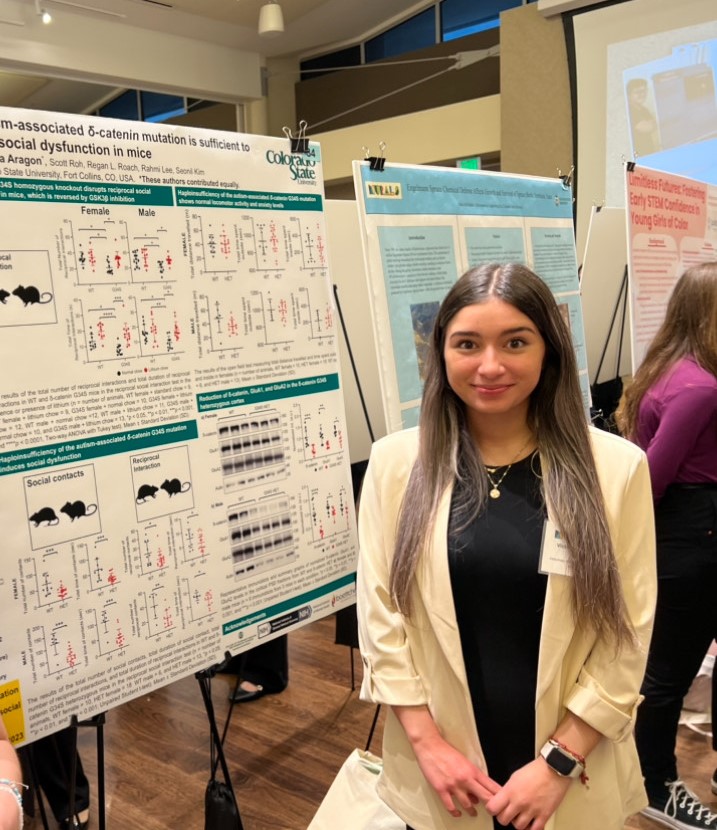
She added that the experience has shifted her confidence and career goals.
“I’ve learned that I can go into spaces sometimes I never even imagined I would be in,” Aragon said.
Through the Collaboration Grant, both McCarty and Aragon have gained more than research experience; they’ve found mentors, contributed to meaningful scientific work, and uncovered new pathways for their future.
Through rigorous inquiry, hands-on experimentation, and deep mentorship, this grant continues to invest in the next generation of scientists in Colorado.
That’s the spirit of Boettcher.

